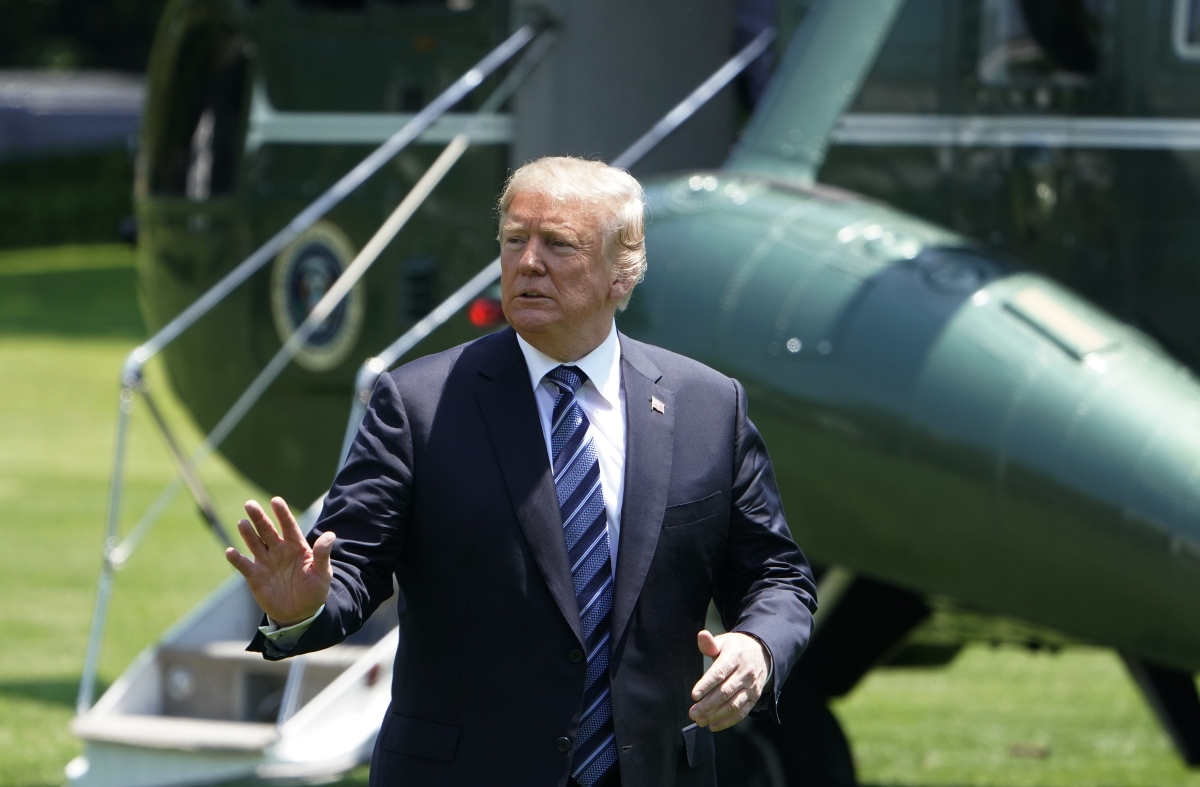The US and China’s on-again, off-again trade dispute is casting a shadow over Asia-Pacific nations’ efforts to further open up global trade, a senior Australian government official said.
Delegates at an Asia-Pacific Economic Cooperation (APEC) forum in Port Moresby this weekend pledged to keep pursuing a free and fair international trading regime, in the face of rising protectionist sentiment. The Papua New Guinea capital in November will also host an APEC summit that will include Donald Trump and Xi Jinping, amid ongoing risks the US and China could unleash tit-for-tat tariffs.
“The two giants in the room are having issues,” Australia’s Assistant Trade Minister Mark Coulton said on the conference side-lines Saturday. Delegates are “certainly watching closely and are concerned because they don’t want to be caught up in the by-wash.”
Trump is on a mission to deliver on his election pledge to crack down on unfair trade practices by foreign countries. He proposed tariffs on up to US$150 billion of Chinese imports, prompting preparations in Beijing to retaliate. While the US appeared to step back from imposing the penalties earlier this week, the president’s changeable policy positions mean this hasn’t completely allayed market concerns.
Asian economies, which include many APEC members, would suffer more than China if Trump made good on his threats, according to an analysis by Bloomberg Economics. It estimates that for every 10 percent drop in China’s exports, growth in Asian economies would be cut by an average of 1.1 percentage points, while China’s would fall just 0.3 percentage point.
Far from Washington and Beijing, Port Moresby played host to representatives of the 21 APEC members, including US Deputy Trade Representative Jeffery Gerrish and China’s Vice Minister of Commerce Wang Shouwen. Talks between the pair have been “cordial and generally constructive,” Coulton said.
“They’ve been quite measured in their contributions,” Coulton said. “They’ve both indicated their basic commitment to free trade. They haven’t been complete in their endorsement,” he said, adding that caveats like “fair” have been invoked quite regularly.
Some confusion
Coulton said his discussions with fellow APEC delegates had revealed some confusion about how the mounting tensions between the world’s two biggest economies will play out.
“The elephant in the room is trying to pin down whether they’re going down a particular path on this,” he said. “If that was understood, maybe countries could work toward that, but maybe the irregular nature of what’s happening at the moment is what’s unsettling.”
Still, he said, that made other APEC members “even more determined” to ensure they “keep channels open and keep growing the opportunities for free trade and hopefully the storm that’s happening at the moment will settle down.”
APEC members reaffirmed a commitment to keep their markets open “and to fight against and to roll back protectionist and trade-distorting measures,” chair Rimbink Pato, who is also Papua New Guinea’s Minister for Foreign Affairs and Trade, said in a statement at the meeting’s conclusion.
They also pledged to recommit toward achieving a free-trade area in the Asia-Pacific and to bridge the “digital divide,” according to the final communique. – Bloomberg
